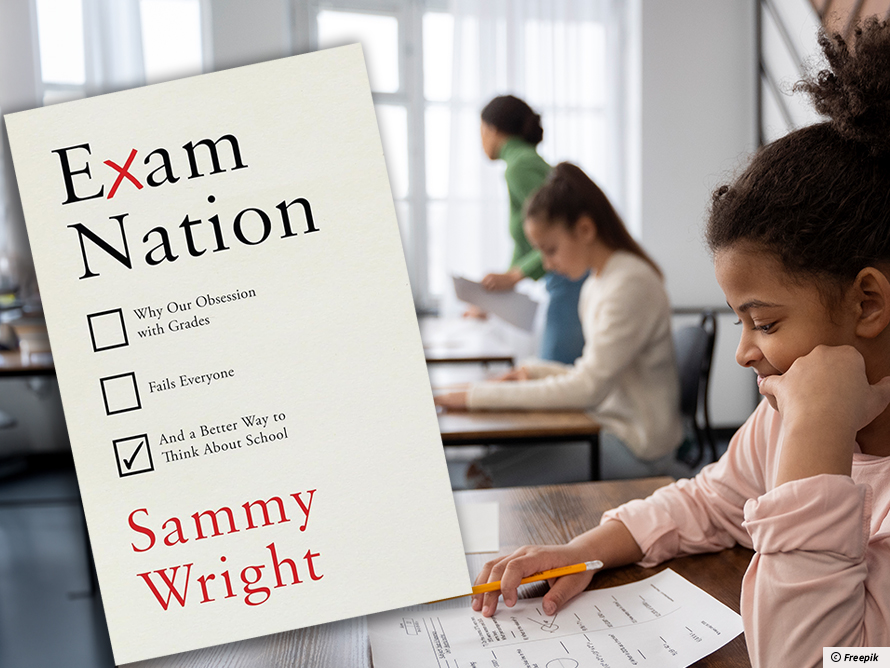Should we abolish exams? One teacher believes that making students take too many tests misses the main point of education.
Grade obsession fails us says teacher
 Punchy: Wright, the head of an English comprehensive school, has written a book about what’s wrong with the education system. Too many tests for starters…
Punchy: Wright, the head of an English comprehensive school, has written a book about what’s wrong with the education system. Too many tests for starters… Glossary
Retain - To keep hold of something.
Superficial - On the surface only.
